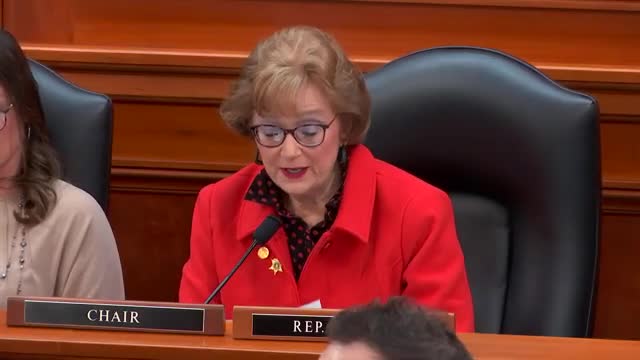Ed Trust Midwest tells House committee teacher shortages hit high‑poverty districts hardest
Get AI-powered insights, summaries, and transcripts
Subscribe
Summary
A presentation from Ed Trust Midwest detailed uneven distribution of experienced and fully certified teachers across Michigan, with high‑poverty districts employing a disproportionate share of temporary‑credential and first‑year teachers and calling for funding and policy steps including full funding of the Opportunity Index.
Ed Trust Midwest told the Michigan House Education and Workforce Committee on Wednesday that teacher shortages and uneven teacher quality in Michigan fall most heavily on districts with the highest concentrations of poverty.
Jeff Cobb, director of government affairs for Ed Trust Midwest, and Dr. Jennifer Daneil, the organization’s director of policy and research, presented data showing that districts in the highest band of the state’s Opportunity Index employ a much larger share of first‑year teachers and of teachers holding temporary or emergency credentials than wealthier districts. "Many of these children lack access to the highly experienced educators who could most help them catch up and succeed academically," Daneil said.
Key findings: The presenters said the Opportunity Index, created by the legislature in 2023 to target additional funding to districts serving high concentrations of students from low‑income backgrounds, divides districts into six bands. Ed Trust Midwest reported that the share of teachers in their first year rises across those bands and that nearly 40% of all teachers in Michigan holding temporary credentials work in the highest‑poverty band, despite that band employing about 13.5% of all teachers statewide. The presenters also reported statewide teacher retention declines of roughly 2–3 percentage points in most bands after the pandemic, with turnover rates substantially higher in the highest‑poverty districts.
Salary and data issues: Ed Trust Midwest highlighted teacher pay as a key driver, citing research (EPIC at Michigan State University) that Michigan’s inflation‑adjusted average teacher salary fell about 20% between 1999 and 2019 and that average teacher pay in 2022 was about $64,000. They said a first‑year teacher average of about $39,000 (2022 figure cited) leaves Michigan less competitive with surrounding states for new educators. Cobb and Daneil urged better state data systems, full funding of the Opportunity Index (which they said is underfunded by about $2 billion annually when fully implemented), and policies to make teaching more competitive, including potential salary floors, improved career pathways, increased mentor stipends, and expanded access to high‑quality professional development.
Committee questions and discussion: Committee members asked about how to close the Opportunity Index funding gap, whether the analysis included charter schools (presenters said focus groups were open to both traditional and charter public schools but not private schools), and the role of housing in recruiting teachers to rural districts. The presenters said they would provide more detailed data on funding scenarios and noted local experiments — for example, a Traverse City program that provides housing to recruit teachers — as potential models. "We have to make sure that our funding is fair and adequate now," Cobb said, adding that the state should prioritize long‑term, sustained investment.
Ending: Committee members thanked the presenters and described education funding, teacher pay and professional supports as priorities for the committee going forward. Ed Trust Midwest offered to provide its full report and follow‑up materials to committee members.
